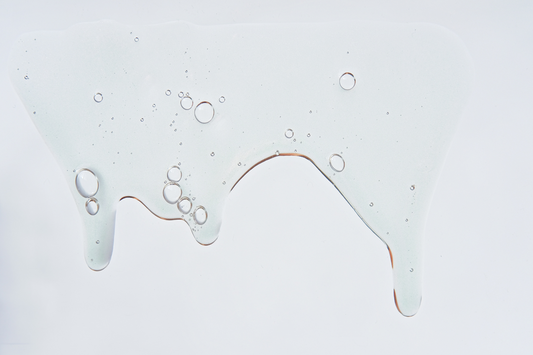Let’s cut the BS and strap in for a wild ride.

I’ve spent 15+ years behind the scenes in the supplement industry—formulating, launching, and marketing products for some of the biggest names out there. And while I love what the right supplements can do, I’ve also seen way too much shady stuff.
So today, I’m pulling back the curtain. Here are 5 things the supplement industry doesn’t want you to know—but you need to. Especially if you're spending your hard-earned money on products that promise to support your health (and your family’s).
1. Extracts Without Active Compounds Are Basically Useless
Just because a product says it has a fancy plant extract doesn’t mean it’s doing anything.
Example: turmeric.
Everyone loves it. But unless it contains curcumin—the active compound that actually fights inflammation—you’re just swallowing a bright and staining yellow placebo.
A lot of brands use "whole herb" or "root powder" to make it look clean and natural. But here’s the deal: if it doesn’t include the standardized active ingredient, and if it’s not in a dose that matches clinical research, it’s not going to do shit.
2. Gummies Are Mostly Candy in Disguise
Let’s be real—gummy vitamins are adorable. They’re tasty, easy to take, and fun to post about. But here’s what most people don’t realize:
- Gummies are usually loaded with sugar, fillers, and artificial flavors.
- They have a very limited capacity to hold vitamins and minerals (seriously—there’s just not enough room).
- They degrade quickly in heat and over time, so by the time you take them, you might be getting a fraction of what’s on the label.
Unless you love the idea of paying top dollar for a glorified fruit snack, gummies probably aren’t doing what you think they are.
3. “Proprietary Blend” = Under-Dosed + Overpriced
When you see a “proprietary blend” on the label, that’s your cue to run.
That’s supplement-speak for:
- “We’re not going to tell you how much of anything is actually in here.”
- “We’re probably using the cheapest ingredients in the smallest amounts possible.”
- “We’re hiding behind branding instead of delivering results.”
Transparency is everything. If you don’t know what you’re putting in your body (and how much), how can you trust it’s doing anything at all?
4. Bioavailability Matters—But Most Brands Don’t Prioritize It
Bioavailability = how well your body absorbs and uses a nutrient. The supplement world loves throwing big words on labels—but they often ignore this one.
Here’s the truth:
- Methylated B vitamins (like methylfolate and methylcobalamin) are better absorbed than synthetic versions
- Chelated minerals (like magnesium bisglycinate) are more gentle and effective than cheap forms like magnesium oxide
- You can have 500mg on the label, but if your body can’t use it, it’s wasted
If a supplement isn’t bioavailable, it's not worth the premium price.
5. “Gluten-Free” Is the New Buzzword—But It Doesn’t Mean Much
You’ve probably seen it: “Gluten-Free” plastered all over supplement labels. Cool, right? Except... most supplements were never made with gluten to begin with.
Here’s what’s really going on:
- Brands slap “gluten-free” on their products to make them sound cleaner or safer
- It’s often a marketing distraction—look here! Not there!
- Meanwhile, they’re skipping transparency on things like fillers, dyes, synthetic ingredients, or under-dosed formulas
It’s giving... healthwashing.
The gluten-free label doesn’t automatically mean “healthy” or “high quality.” And unless you have celiac or a gluten sensitivity, it’s probably not the most important thing to focus on.
Final Thoughts: Be a Fussy Consumer (It’s a Compliment)
The supplement world can be confusing—and sometimes straight-up shady. But that’s exactly why I started Fussy Mom. Because we deserve better. We deserve products that are transparent, effective, and formulated with real science.
So next time you’re shopping for supplements, don’t just fall for the pretty packaging or trending ingredient. Be picky. Be curious. Be fussy.



